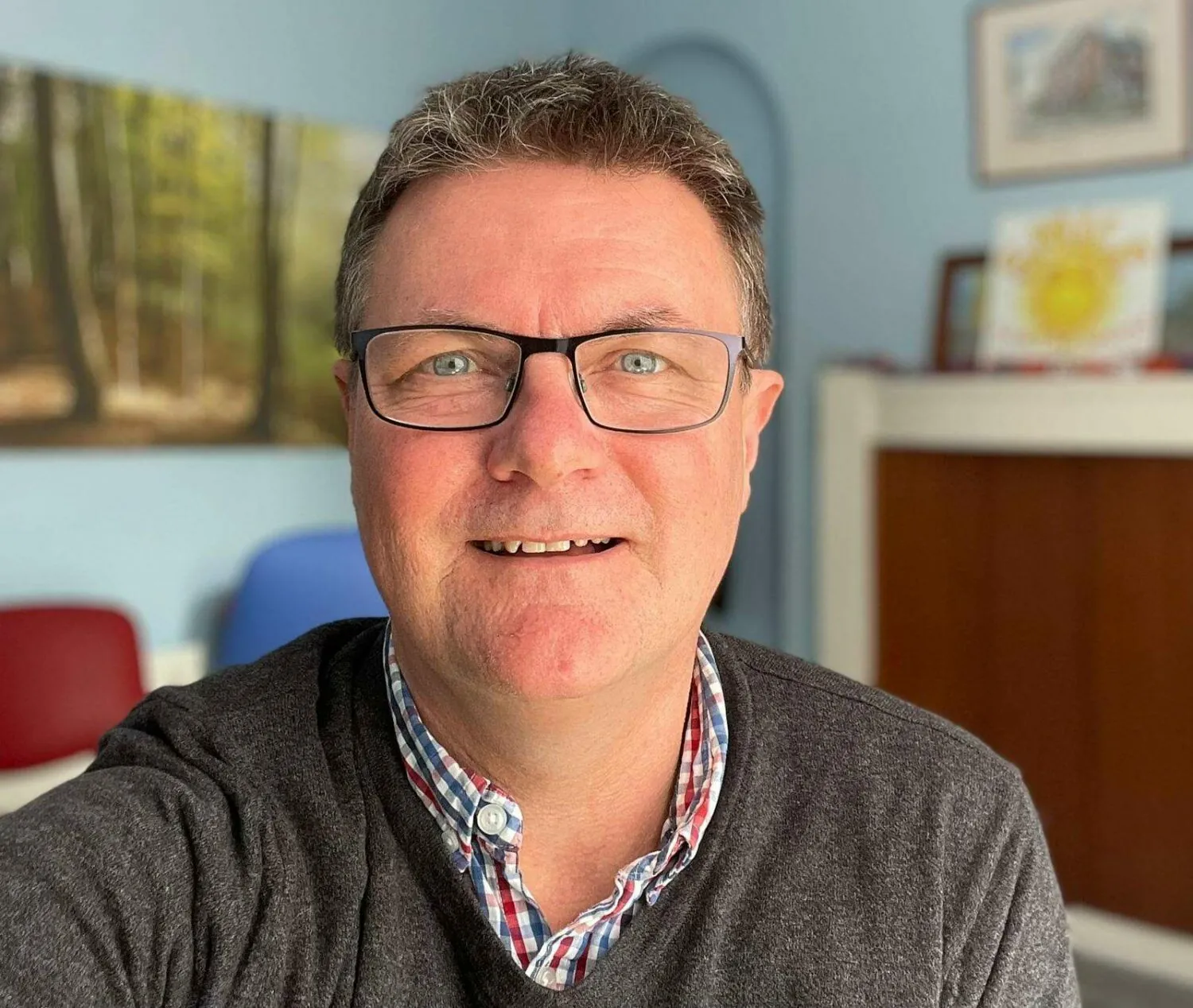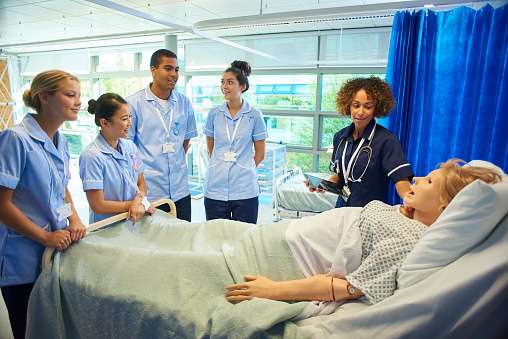The Doctors’ Association UK’s (DAUK) GP committee has urged the Government to work with GPs to reduce waiting lists.
Dr Taylor, GP spokesperson for the Doctors’ Association UK, has questioned whether Government plans to reduce the NHS backlog are cost-effective, efficient, and improve the quality of care for patients.
He has responded to the Government’s proposals in an interview on national radio and in a series of posts on social media.
Posting on X, Dr Taylor said: “GPs are experts in managing patients, reducing referrals, and easing the demand on hospitals.
“However, governments and NHS England have cut the funding to GP practices by 20 per cent in the past eight years, leading to fewer GPs and unemployed GPs.
Work with GPs
“Government needs to work with GPs urgently.”
Dr Taylor highlighted an NHS England document in which an example of a reformed elective pathway for ear, nose, and throat (ENT) was cited.
In the example, the patient, Sarah, is seen by a nurse practitioner, referred for a CT scan at a community diagnostic hub, before her results are discussed by the nurse practitioner and an ENT registrar.
Dr Taylor said: “I’m pretty sure if Sarah had seen a GP she wouldn’t have needed to have a CT scan, no need to speak to the ENT registrar and, yes, it could be managed in the community
“Why does NHS England always underestimate the skills of GPs?”
DAUK GP committee member Dr Alison George added: “What a waste of time, money, and resources, and of course a patient having unnecessary ionising radiation.
Unemployed GPs
“Why won’t the Department for Health just fund the employment of approximately 3,500 under and unemployed GPs so they can offer the holistic, expert generalist care that patients so desperately need and is in fact extremely good value for money?
“Remove physician associates from ARRS (additional roles reimbursement scheme). Put the funding back into the core budget. Allow practices to employ the GPs they want, so they can offer more patients the care they need and deserve.”
Speaking on Times Radio, Dr Taylor welcomed the Government’s attempts to reduce waiting lists, but questioned the thinking behind some of the proposals.
He said: “They’ve put forward a huge number of ideas, and you have to applaud them for coming up with some ideas.
“Some of them are a very top down approach to finding solutions where they could have come up with more simple solutions.
“Some of the things I’ve read make me wonder whether they’ve been written by somebody that’s got no idea of how to work in the NHS, certainly as a GP.
Patient choice
“One of the things they’ve suggested is patients should be given a choice of five different places they can go for their procedures, but if the waiting times for those places are long it doesn’t matter where they’re seen in Cornwall, London or Manchester.
“Patients want their local hospital to be working for them.”
And he questioned proposals to treat more patients in private clinics.
He said: “If you spend more money using NHS budgets within the independent sector then clearly they can grow their margins.
“They will grow from using NHS resources.
“That’s the concern many people in the NHS have, they would love to see that money invested in the NHS in the first place.”
Lack of capacity
Dr Sarah Jacques, DAUK GP committee member, said the proposals looked like increasing the work and responsibility of primary care, ‘which lacks the capacity to deal with it all’.
She said: “GPs will be able to order lots more highly-specialist tests that we won’t really know how to interpret, don’t have the capacity to follow up, don’t have the expert knowledge to action, and don’t have access to consequent procedures to treat patients.
“People’s quality of care is not going to improve.”
Dr Ellen Welch, DAUK vice chair, added: “The big question is who is going to staff these community diagnostic centres and surgical hubs and where are they taking them from to do so?
“And who will analyse these tests? GPs, no doubt.
Staffing crisis
“We already have a staffing crisis in general practice, without adding even more to our workloads.
“We need to see more of the detail, but on first look it looks like a massive dump onto general practice again.”
Dr Lizzie Toberty, DAUK GP lead, said: “Funding is the crux of it all. We’ve seen general practice funding cut by a fifth but we’re being expected to do more and more – and now the proposals are for even more work to shift to primary care.
“We’ve got thousands of GPs who are unemployed or underemployed. By funding general practice properly, those extra GPs can help keep people out of hospital and ease the strain on the rest of the NHS.”
Please support our work by becoming a member or donating to our Go Fund Me.





